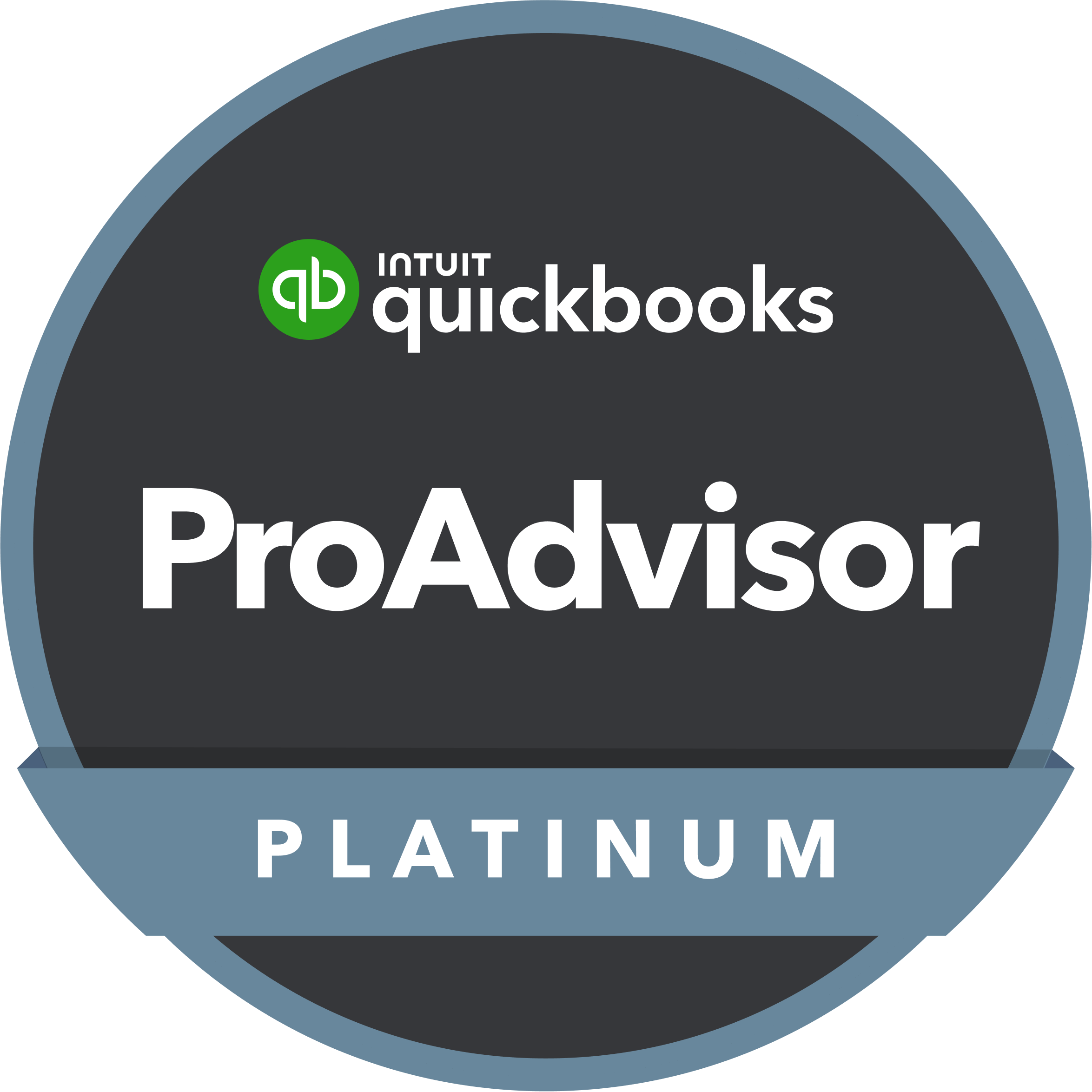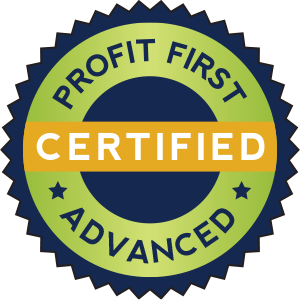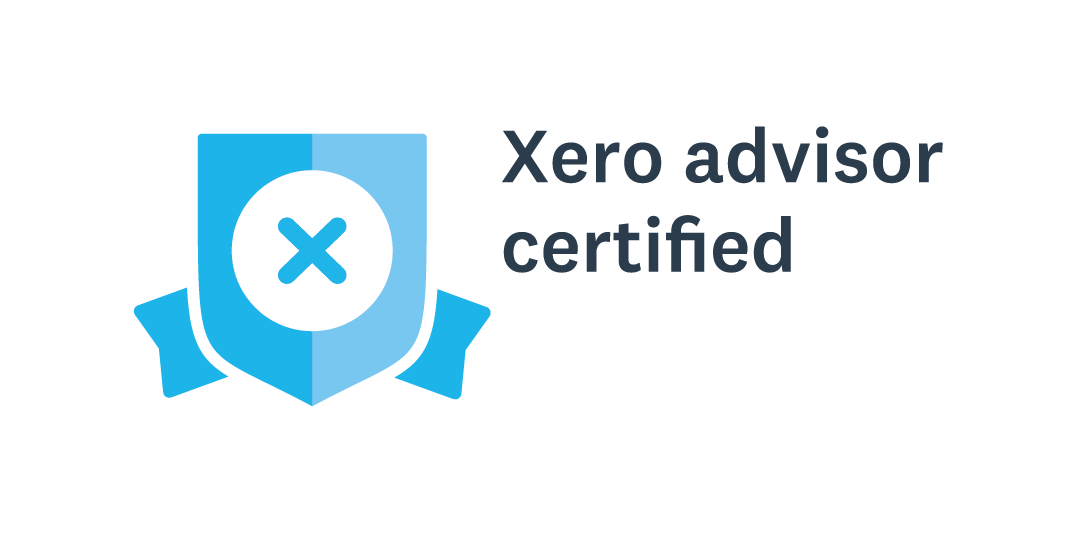Often those submitting a self-assessment tax return are caught out by Payment on Accounts. Especially when they kick in for the first time.
Payments on Accounts are advance payment towards your next tax bill.
Who has to make Payments on Account?
You'll have to make Payments on Account if both:
Your total tax bill (income and class 4 national insurance) is more than £1000
More than 80% of the tax due wasn't taken at source (ie through an employer's payroll)
How do Payments on Account work?
The idea of Payments on Account is to make payments towards your next tax return in advance.
This is done in two payments, both 50% of the total tax due on your last tax return.
These payments are due by 31st January and 31st July.
The first payment is on top of any other tax due!
The Payment on Account system would be fine if your business made the same amount each year. However, this is highly unlikely.
What if I'm earning more?
When it comes to file your tax return, you'll owe more than you have paid. You'll need to pay the balance as well as a new Payment of Account based on the new income.
What if I'm earning less?
In this case, you'll be due a tax rebate when you file your tax return.
If you know in advance that you'll be earning less, you can request to reduce your payments on account. This can be really helpful, especially if you have stopped trading, otherwise you might not have the cash let alone the income to make the payment.
Why do we have Payments on Account?
If you make a sale last month (April'17), this income would be included in the 2017-18 tax return.
As that tax return isn't due until Jan'19. you'll effectively not be paying tax on that income for 22 months.
Payments on Account prevent there being such a time lag between receiving income and paying the tax on it. This can be see in two ways:
It helps with the treasury's cashflow
It stops people building up such a large amount of tax due
What do you need to watch for?
Needing to pay Payments on Account for the first time
While a lot of new businesses appreciate that they will have to pay tax at the end of the year, not so many of them appreciate that they may have to pay an extra 50% on top of the bill when 31st January comes around. A good reason to deal with your tax return sooner rather than later, in case you find you've tripp over the £1,000 threshold and need to start paying Payments on Account.
Remembering to make both payments!
There is much fanfare over the 31st January deadline, but little is said about the 31st July payment date. Be sure to set your reminders to get it paid so you don't incur fines and interest payments.




